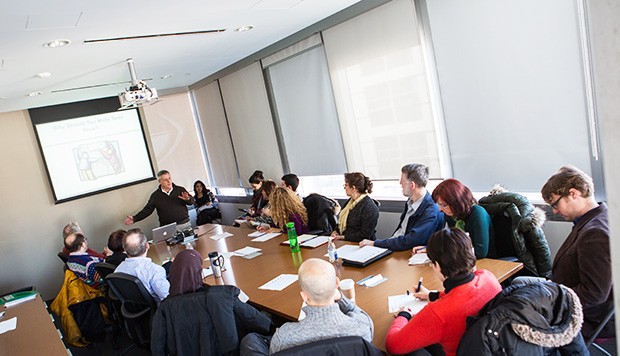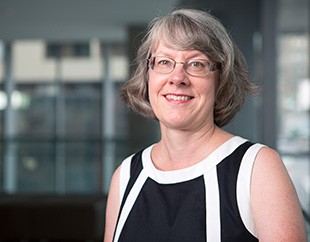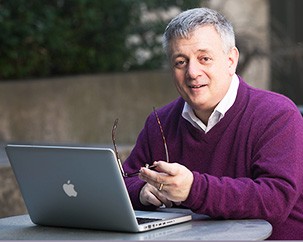The first day of the e.Scape Conference will feature a panel discussion titled Universities in the 21st Century: Wired or Unplugged?, led by Benoit Antoine Bacon, Concordia’s provost and vice president, and Anthony Masi, provost of McGill University.
This will be followed by a community conversation aimed at developing proposals for how to manage the implementation of online learning. Students, staff and faculty are all encouraged to participate, and contribute their ideas and concerns. “Hopefully we can take what we learn and use it to develop our future policies and strategies,” Bolton says.
Test-driving the technology
On the second day of e.Scape, conference attendees will have a chance to both learn about and try some of the new learning technologies in use at Concordia.
Tools such as Adobe Connect, Camtasia and Panopto are facilitating the development of flexible new course models that use both traditional classroom time and online resources, explains Saul Carliner, Concordia’s digital learning fellow. As such, he says, it’s important for professors to have a chance to see them in action and experiment with them, even if they have little interest in developing an entirely online course.
“We’re still committed to developing all-online courses, but there are compelling reasons to integrate technology in other ways that are appropriate for what you are teaching.”
Carliner gives the example of a professor who’s out of town for a conference. Using Adobe Connect the professor can create a virtual classroom space and teach the course remotely, while interacting with his or her students.
 Saul Carliner, Concordia’s digital learning fellow, addresses attendees at the last e.SCAPE Conference in March.
Saul Carliner, Concordia’s digital learning fellow, addresses attendees at the last e.SCAPE Conference in March.
 Cathy Bolton, vice-provost, teaching and learning: “We want to make sure we’re doing the right thing for our students.” | Photos by Concordia University
Cathy Bolton, vice-provost, teaching and learning: “We want to make sure we’re doing the right thing for our students.” | Photos by Concordia University
 Saul Carliner
Saul Carliner